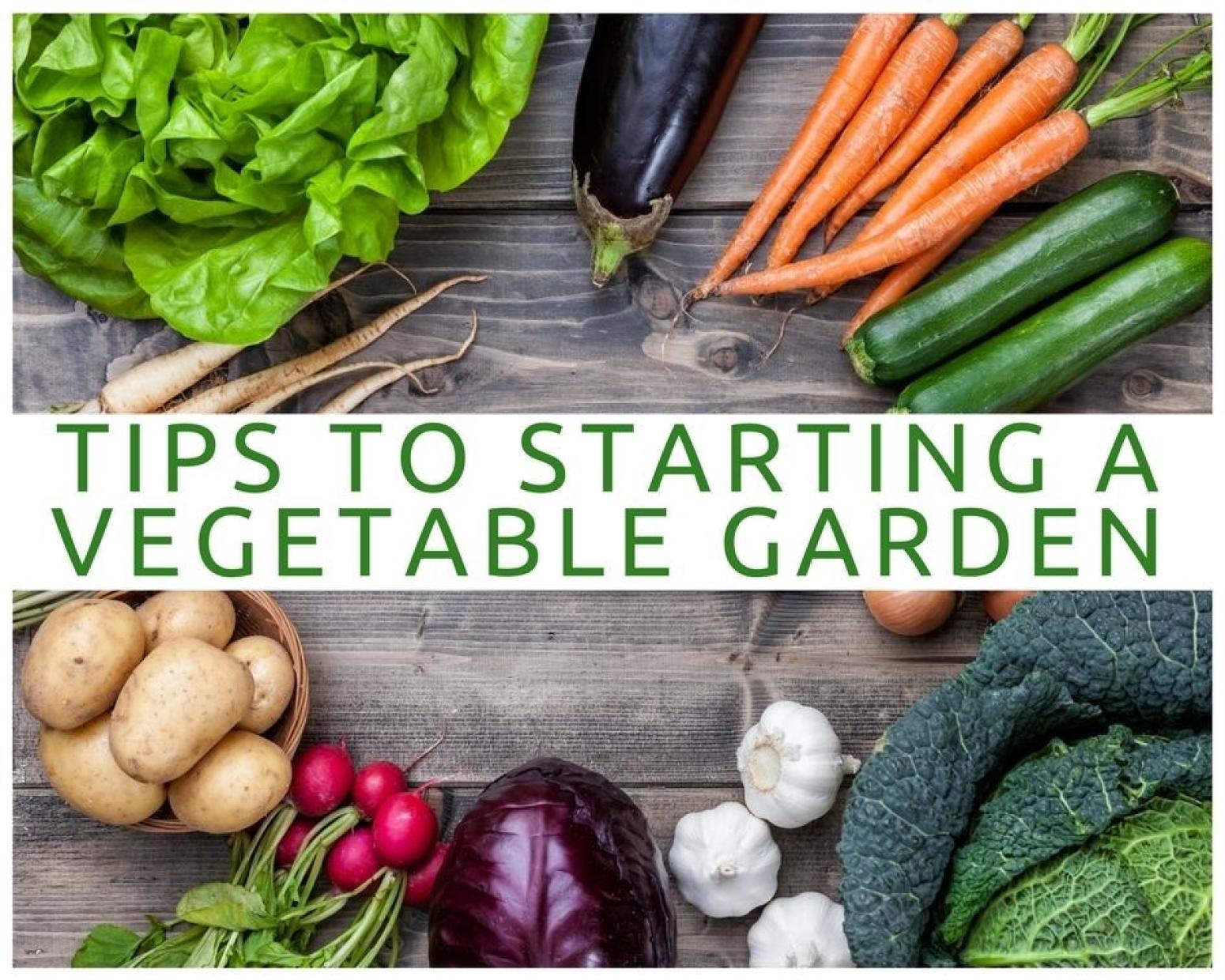If the idea of eating all natural, all organic, home grown vegetables is a dream of yours, it’s time to turn it into a reality!
Not only will you save money growing your vegetables but you will get them at the peak of ripeness and nutrient density. They will be fresh and incredibly flavorful because they haven’t sat on a truck for hours on end, only to sit on a grocery store shelf for more hours.
If it sounds like an excellent idea but you’ve never been able to find your green thumb, don’t despair. The key is to start by keeping it very simple and expanding as you get more practice and confidence. Remember, a small, prosperous garden or even just one plant, is much better than a failed, large garden.
What you need to consider is a sunny location, enough water, good soil, and enough space for however many plants you want (or can reasonably consume).
Beyond that, make sure to purchase high-quality seeds. If your seeds don’t germinate it is a waste of money. Choose the best money can buy to ensure you get freshly kept seeds. Alternatively, you could start with a baby plant as well then all you have to do is nurture it and let it thrive.
You’ll also want to decide what to plant. The best way to do this is to contact your local cooperate extension services for direction on what grows best in your area.
If you plant something that won’t thrive in your climate then you’re setting yourself up for failure. If you have your heart set on a particular vegetable, you can look for breed variations of the plant that may grow in your area better than the traditional breed. Make sure you research the best times to plant and stick to that window!
If you want to grow your own produce, but planting a vegetable garden just seems too intimidating, start with a little indoor windowsill or outdoor herb garden. Again, you can start from seed or a plant, but it might be a good way to get going without committing too much time.
Happy spring planting!
